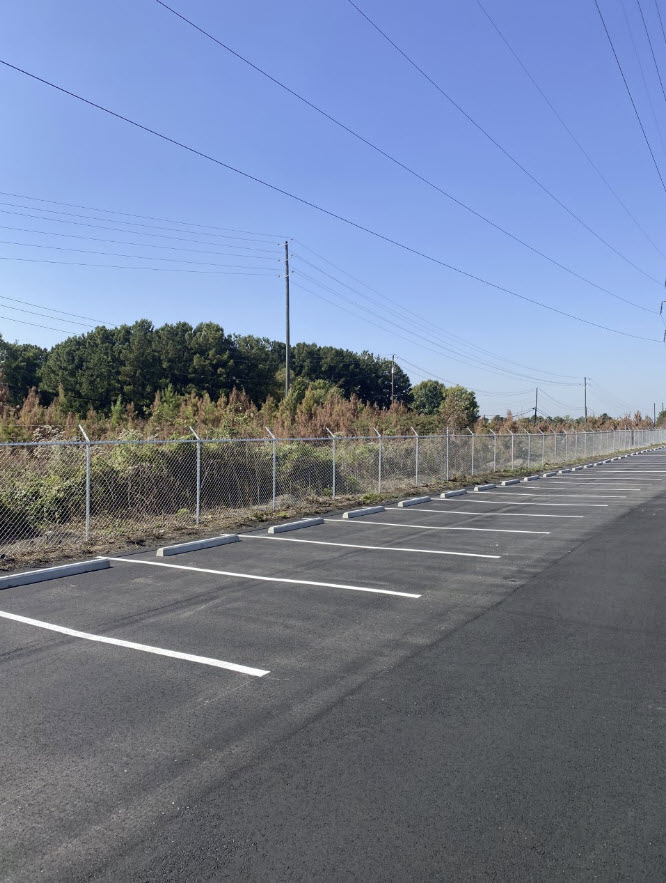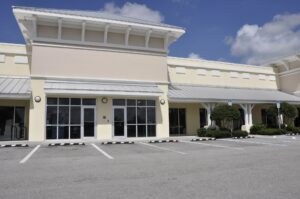Wheel stops go by several names; the most common is parking blocks. They are an essential part of any parking lot or garage construction. They are made from different materials, but the most common types are concrete and rubber.
The parking blocks serve the same function: keeping a vehicle from going beyond its allocated space. Their primary purpose is safety, as they can prevent damage to vehicles and buildings or pedestrian injuries.
Although concrete and rubber wheel stops serve the same purpose, there are many factors to compare before choosing either. Here are the three main factors you should consider before settling on a particular material.
Durability and Longevity
The durability of the concrete parking blocks will depend on their exposure to different weather elements. Though concrete wheel stops offer a great job of preventing vehicles from going over assigned parking spots, most are not water-logged. Constant exposure to rain, sunshine, and other natural outdoor elements will weaken them.
Rubber wheel stops are ideal for outdoor and indoor parking facilities as they resist weather conditions and even chemical spills. They also do not chip or crack easily after repeated vehicle impacts.
Both of the parking blocks need to be installed on a flat surface. You will use either rebar, epoxy, or bolts. It can be technical, and getting a professional to help you do it correctly is better.
Installation of the Wheel Stops
Concrete wheel stops, in most cases, are usually precast. Then the concrete slab is placed at its intended placement for their installation.
Depending on the application, the fixing used to secure them can be concrete epoxy for parking decks, so as not to break through the membranes, or rebar for parking lots. Weight can be a major disadvantage in installing concrete wheel stops as it will require at least two people during installation.
Installing rubber wheel stops varies depending on the manufacturer’s design. Handling them is significantly easier than concrete wheel stops in most situations. They weigh less so one person can install whereas concrete wheel stops require at least two people to install them.
Cost of the Materials
The cost of the wheel stops can be a significant factor when choosing between the two materials. Concrete parking blocks are economical compared to rubber parking blocks. The manufacturing and processing process of rubber wheel stops makes them expensive.
Though concrete wheel stops are cheaper, they are more difficult to transport and install because of their weight. They are ideal for indoor parking facilities because they can be glued down. Rubber is a better option if you are installing wheel stops for outdoor parking because of its ease of installation and resistance to most environmental conditions.
Consult GWP for Wheel Stop Installation
Having wheel stops is one of the best investments you will make for your parking lot. They are not only an important safety feature in your parking lot, but they also add aesthetic appeal. Contact Georgia’s Wildcat Paving Company to learn more about concrete and rubber wheel stops. Please fill out our online form or call us at 678-377-3113 today.






